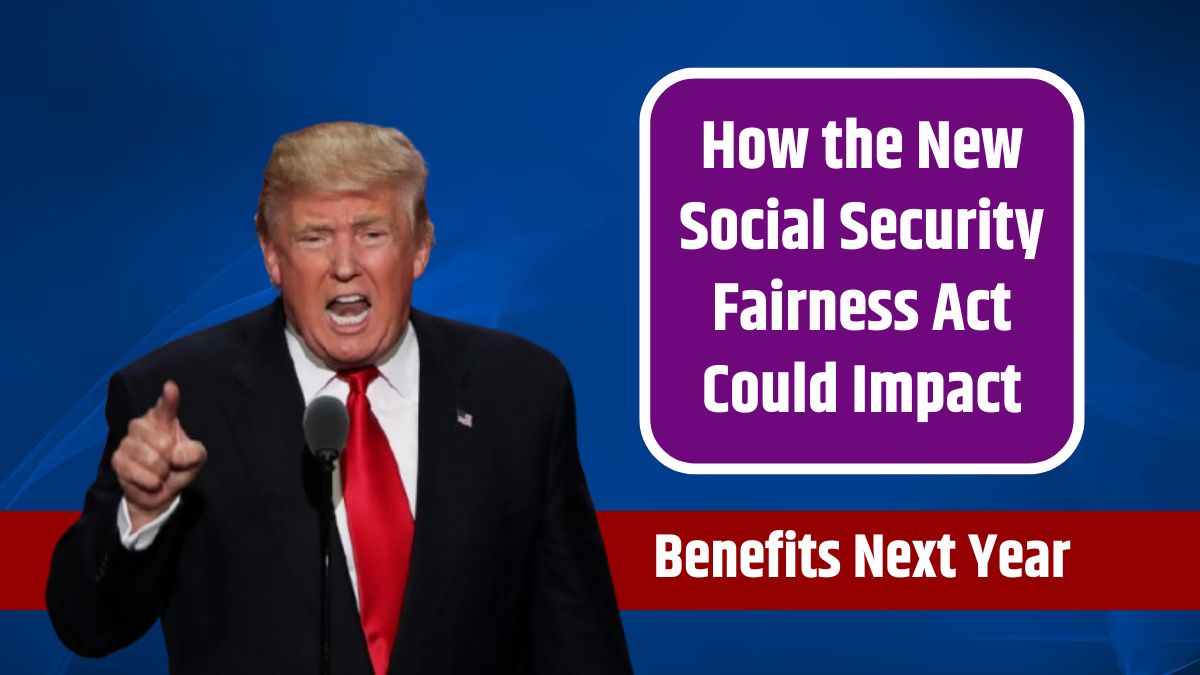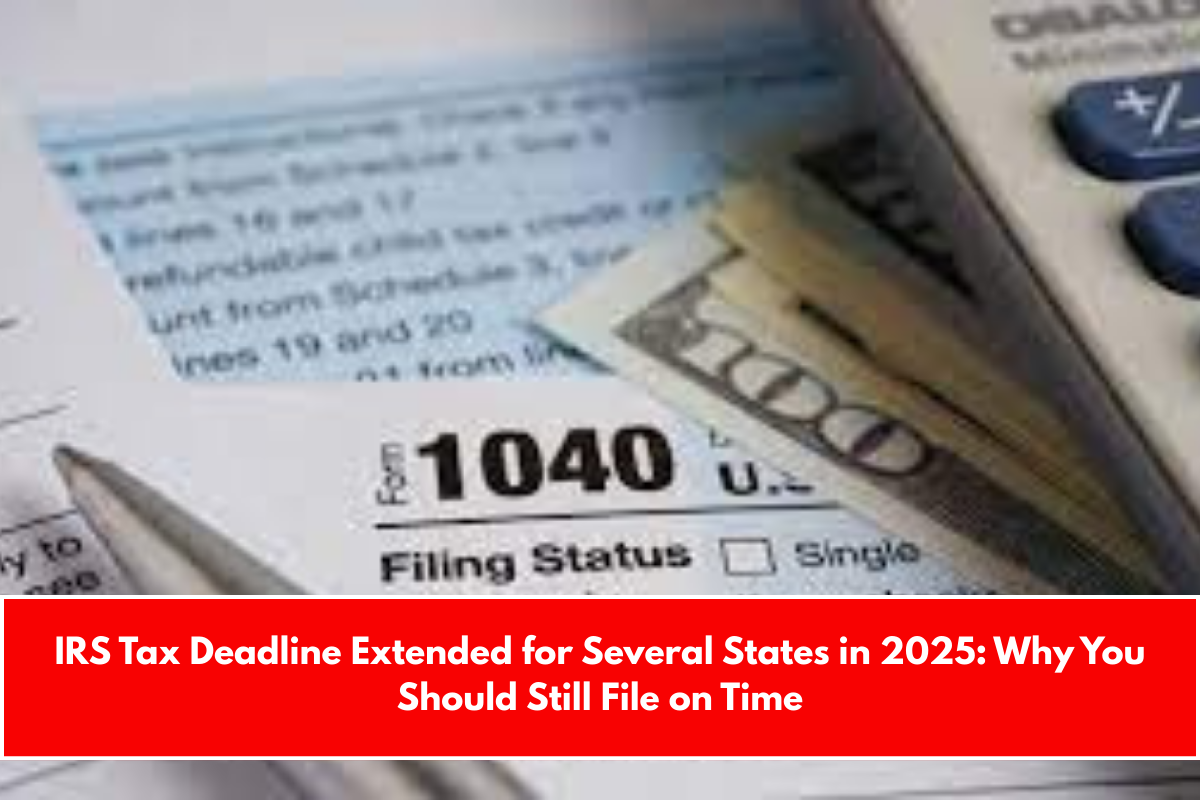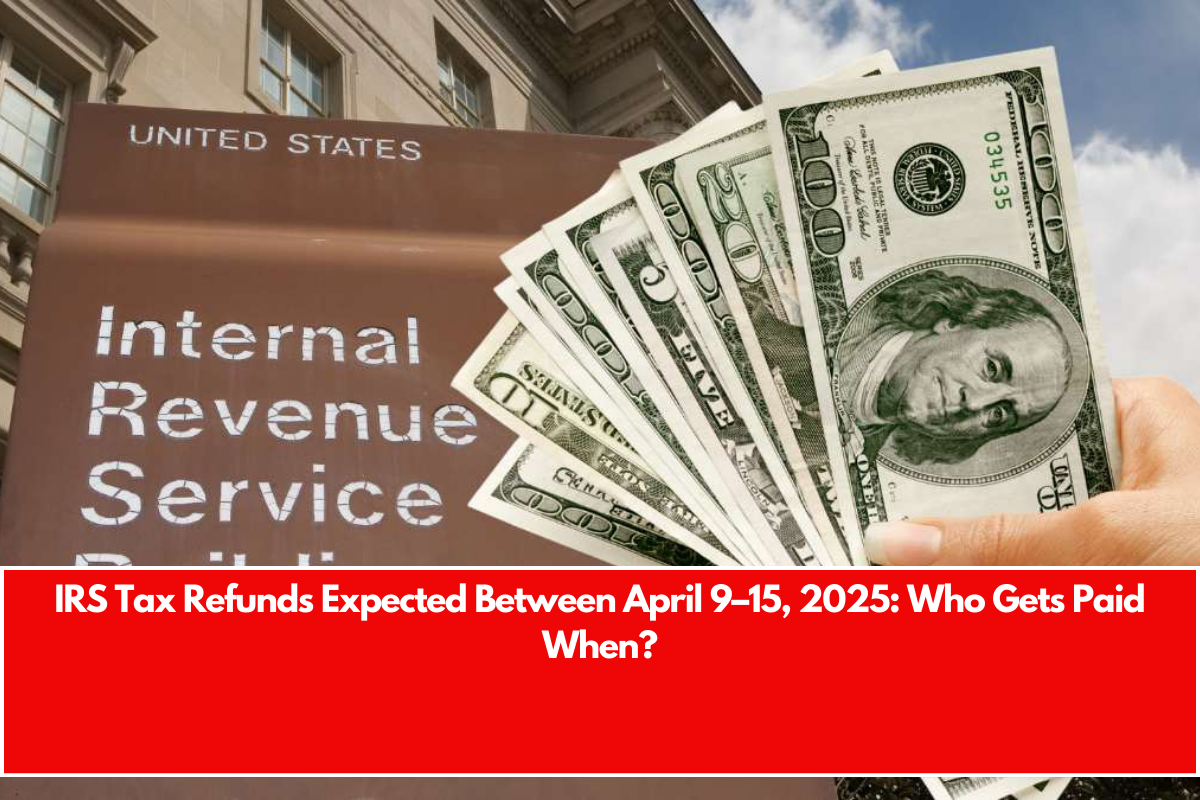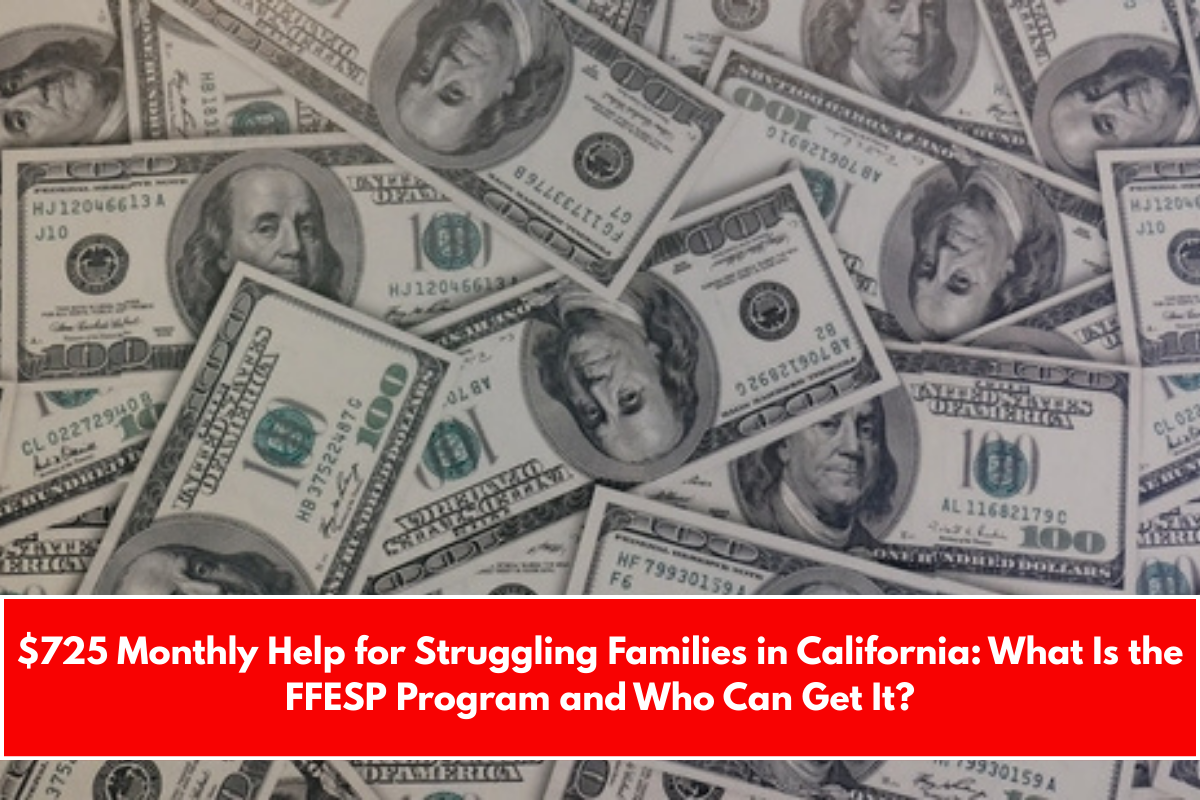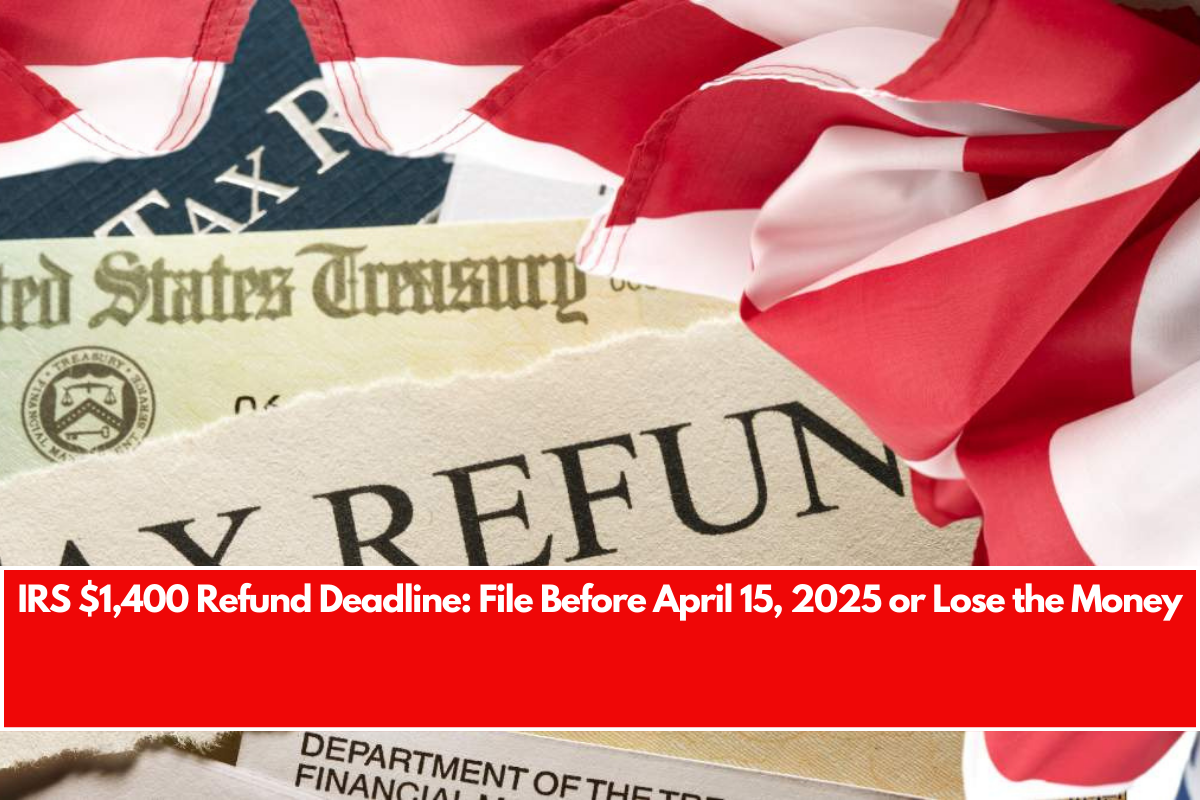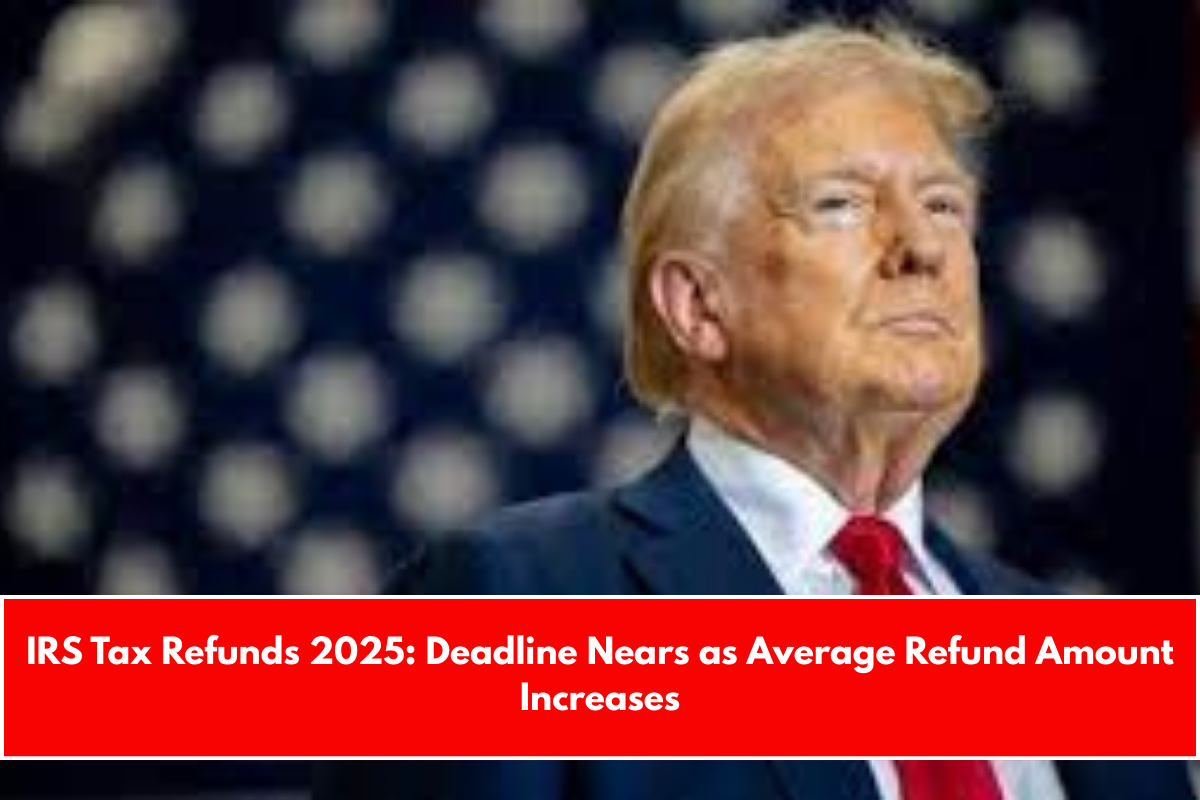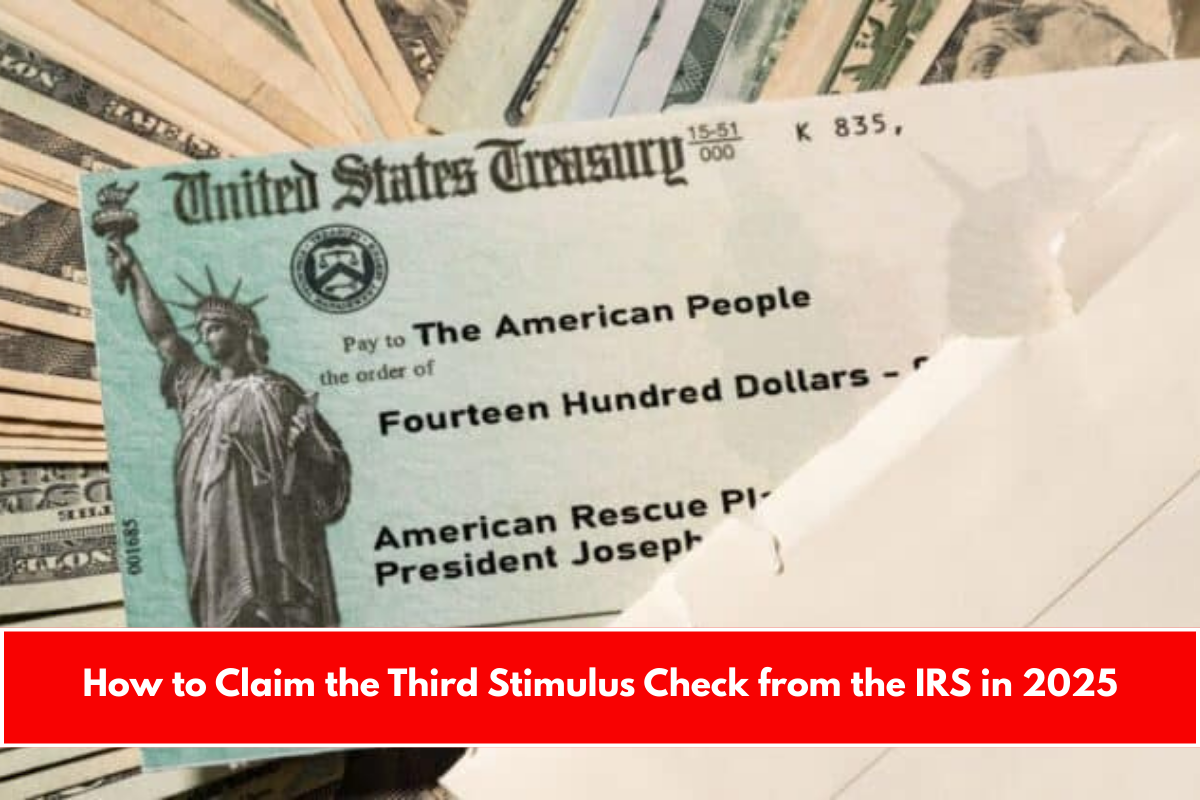The Social Security Fairness Act (H.R. 82) is currently navigating the Senate after securing strong bipartisan support in the House of Representatives. Designed to address long-standing issues with Social Security benefits for certain retirees, the Act must pass by December 31, 2024, before the congressional session ends.
With over half of workers relying on Social Security to fund their retirement and widespread concerns about its long-term viability, the Act could bring significant changes for many Americans, particularly public sector workers such as teachers and firefighters.
WEP and GPO
- Windfall Elimination Provision (WEP): Reduces Social Security benefits for individuals who receive a pension from a job that did not withhold Social Security taxes, such as state or local government positions.
- Government Pension Offset (GPO): Reduces spousal or survivor benefits for individuals who also receive a government pension, often leaving survivors with little to no benefits.
These provisions, intended to prevent “double-dipping,” often unfairly penalize retirees who worked both in the public and private sectors, reducing or eliminating benefits they would otherwise have earned.
Fairness Act
The Social Security Fairness Act seeks to:
- Eliminate WEP: Allow retirees to receive their full Social Security benefits regardless of whether they also collect a pension from non-Social Security-covered employment.
- Eliminate GPO: Ensure spousal and survivor benefits are no longer offset by government pensions, allowing families to retain more financial support.
Who Benefits?
- Public Sector Workers: Teachers, firefighters, police officers, and other state or local government employees who currently lose Social Security benefits due to WEP and GPO.
- Survivors: Spouses and widows/widowers who rely on survivor benefits will receive the full amount without reductions tied to the deceased’s government pension.
Why the Urgency?
The bill must pass by December 31, 2024, when the second congressional session ends. If not, it will need to be reintroduced in the new Congress, delaying relief for the 2.5 million retirees affected by these provisions.
The Act has widespread support, passing the House with a 327-75 vote, but faces challenges with timing and fiscal concerns. If enacted, it is estimated to cost approximately $190 billion over 10 years, raising questions about funding and Social Security’s financial sustainability.
Broader Implications
The Act would provide additional income for millions of retirees, improving their financial security and increasing consumer spending, particularly in local economies.
Political and Social Impact
Social Security is one of the few issues with bipartisan support, and passing the Act would demonstrate Congress’s commitment to addressing inequalities in retirement benefits. However, critics argue that eliminating WEP and GPO without a funding solution could strain the Social Security trust fund.
The Social Security Fairness Act represents a landmark opportunity to correct inequities in the current system. By repealing WEP and GPO, it promises fairer treatment for public sector workers and their families. With strong bipartisan support, the fate of this transformative bill now rests with the Senate and the ticking clock of the congressional calendar.
FAQs
What does the Social Security Fairness Act do?
It repeals WEP and GPO, allowing full Social Security benefits for affected retirees.
Who benefits from the Act?
Public sector workers like teachers, firefighters, and survivors with government pensions.
Why is WEP controversial?
It unfairly reduces benefits for retirees with non-Social Security-covered pensions.
When must the bill pass?
It must pass by December 31, 2024, or be reintroduced in the next Congress.
How much will the Act cost?
It’s projected to cost $190 billion over a decade.

